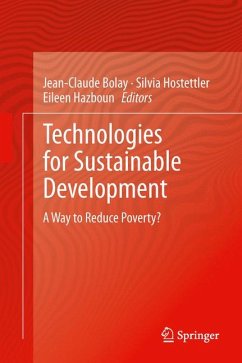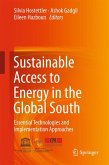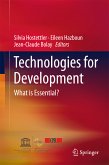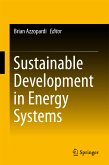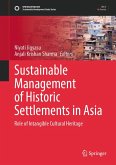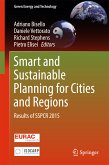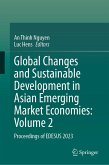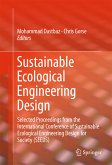In order for technologies to be adopted it is not sufficient that they are low cost and affordable but also socially, culturally and environmentally accepted by the intended users. Technologies for Sustainable Development aims to explore and answer the following three questions:
. What is an appropriate technology?
. How can we ensure a sustainable, integrated development?
. What are the conditions for co-creation and transfer of such technologies?
Focusing on the importance of improving working relationships between stakeholders; researchers and decision-makers; between scientists and industrial sectors; between academics and the population; Technologies for Sustainable Development opens a dialogue necessary to create and implement the best solutions adapted to social demands.
Dieser Download kann aus rechtlichen Gründen nur mit Rechnungsadresse in A, B, BG, CY, CZ, D, DK, EW, E, FIN, F, GR, HR, H, IRL, I, LT, L, LR, M, NL, PL, P, R, S, SLO, SK ausgeliefert werden.

